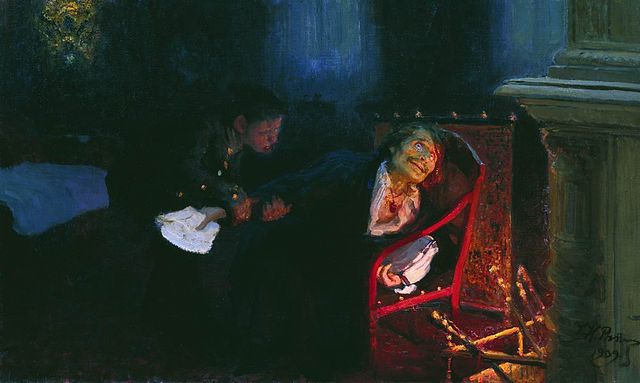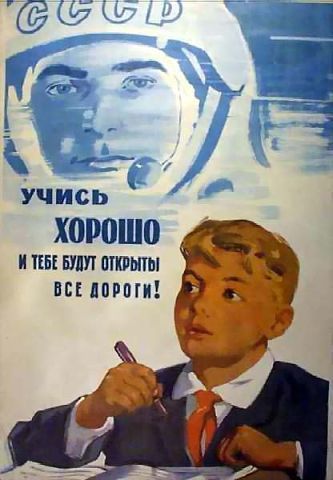
In this course, we will survey the nineteenth-century Russian novel and considers its major themes: nationalism, colonialism, and the ideology of Empire; the meaning of life in the face of death; women's fate in a patriarchal society; the individual, the collective, and the experience of modernity; reason and irrationality; and the danger and promise of utopian thought.. Our approach will be 1) to read and closely analyze a series of texts that became the foundation for the Russian novelistic tradition within their own contexts and 2) to explore how these texts speak to contemporary issues, our lives, and eternal questions that all of humanity faces. We will take a (mostly) chronological approach to major works by authors including Mikhail Lermontov, Nikolai Gogol, Karolina Pavlova, Fedor Dostoevsky, and Lev Tolstoy. By the end of the term, you will have a sense of the overarching narrative of nineteenth-century Russophone literary history, an understanding of the major themes and problems that preoccupied Russian and Russophone writers and their readers, and familiarity with critical approaches we might use to understand these texts.
- Teacher: Helen Stuhr-Rommereim
- Teacher: Anton Svynarenko

Students completing this class and its second part offered in Spring 2024 are expected to achieve intermediate-mid proficiency or better in Russian in all modalities: speaking, reading, listening, and writing (ACTFL 2012). You’ll be able to hold conversations in a range of contexts with native speakers of Russian accustomed to speaking with foreigners, to read short texts, and to understand some broadcasts in standard language on predictable topics. You’ll acquire a basic understanding of various aspects of Russophone culture: e.g., some familiarity with literature, music, art, geography, history, and daily life.
- Teacher: Helen Stuhr-Rommereim
- Teacher: Anton Svynarenko
- Teacher: Tsvetelina Yordanova

